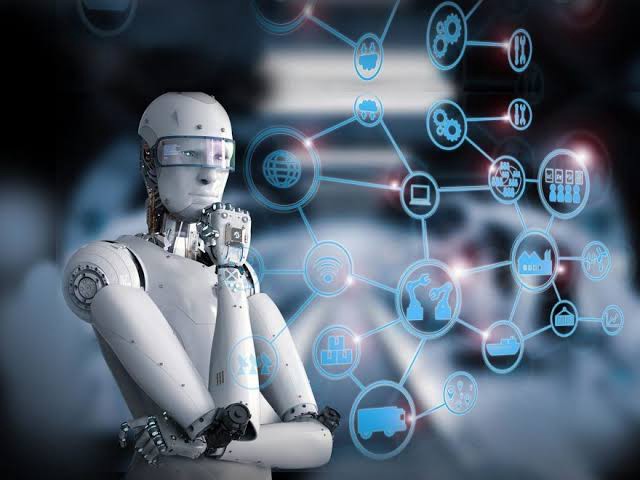Business automation, once a futuristic concept, is now revolutionizing industries across the corporate landscape, reshaping the way organizations operate and compete in the global market. From manufacturing and finance to healthcare and retail, automation technologies are driving efficiency, productivity, and innovation at an unprecedented pace. One of the key areas where automation is making significant inroads is in manufacturing. Automation technologies such as robotics, artificial intelligence AI, and the Internet of Things IoT are streamlining production processes, reducing costs, and improving quality control. Factories equipped with advanced automation systems can operate around the clock with minimal human intervention, leading to higher output and faster time-to-market for products. Moreover, automation enables manufacturers to adapt quickly to changing market demands, making them more agile and competitive in dynamic industries. In the realm of finance, automation is transforming traditional banking and financial services, ushering in a new era of digital banking and fintech innovation.

AI-powered algorithms are being used to automate routine tasks such as customer service inquiries, fraud detection, and risk assessment, freeing up human resources to focus on more complex and strategic aspects of finance. Additionally, blockchain technology is revolutionizing the way financial transactions are conducted, providing greater transparency, security, and efficiency in areas such as payments, settlements, and asset management. As a result, financial institutions are able to offer enhanced services to their customers while reducing operational costs and mitigating risks. The healthcare industry is also experiencing a paradigm shift as a result of business automation. Electronic health records EHRs, telemedicine platforms, and AI-driven diagnostic tools are revolutionizing patient care delivery, enabling healthcare providers to deliver more personalized and efficient services. Automation streamlines administrative tasks, such as appointment scheduling and billing, allowing healthcare professionals to focus more on patient care. Furthermore, AI algorithms are being deployed to analyze vast amounts of medical data, leading to more accurate diagnoses, personalized treatment plans, and improved patient outcomes.
In the retail industry, automation is reshaping the way consumers shop and businesses operate. E-commerce platforms powered by AI algorithms offer personalized product recommendations, dynamic pricing, and seamless checkout experiences, enhancing customer satisfaction and driving sales growth. Furthermore, automated inventory management systems optimize stock levels, minimize out-of-stock situations, and reduce inventory carrying costs for retailers. As consumer expectations continue to evolve, retailers must embrace automation to stay competitive in an increasingly digital marketplace. Overall, business automation is not only transforming individual industries but also driving broader economic and societal changes. While automation brings undeniable benefits in terms of efficiency, productivity, and innovation, it also presents challenges such as job displacement and ethical considerations surrounding AI and data privacy. To fully harness the potential of automation and ensure inclusive growth, businesses, governments, and society as a whole must work together to develop policies and practices that promote responsible automation, upskilling and reskilling of the workforce, and equitable distribution of the benefits of technological progress.

